Macau's casinos could be the next target in China's crackdown

In its 22 years under Chinese rule, Macau evolved from a sleepy and slightly sleazy Portuguese colony to the biggest gambling jurisdiction in the world. Fueled by foreign investment, laissez-faire oversight, and billions of gamblers a short flight away, casino revenue on the island reached a high of 363 billion pacatas, or $45.4 billion, in 2013, compared to $10.3 billion in Las Vegas.
Recent signals from Beijing, however, suggest the party may be over.
Lei Wai Nong, Macau’s secretary for economy and finance, announced yesterday (Sept. 14) the government would begin reviewing the casino industry, with an eye toward tightening oversight in areas such as licensing, employee welfare, and daily supervision. This follows proposals to increase the number of casino inspectors from 192 to 459, and previous efforts to regulate illegal lending and cash transfers related to gambling.
The prospect of tighter controls over the industry come as casino operators prepare to rebid next year for the licenses necessary to operate in Macau. The new scrutiny opens up the possibility that companies found wanting could lose the right to offer gambling, and with it, their billion dollar investments. Investors, fearing the worse, this week dumped shares of casino companies with Macau properties like MGM China and Wynn Macau in record volumes, costing the industry $18 billion of market value. Analysts quickly downgraded the casino operators.
Are casinos the next target for Beijing’s regulators?
Over the past several months, China has been cracking down on perceived social vices and financial excesses of all sorts. On Aug. 17, Chinese president Xi Jinping took aim at the nation’s super rich, calling for “common prosperity” for all and leading to pledges from communist party officials to carry out “reasonable adjustments.” Soon after, the government placed restrictions on video games, which a state media outlet referred to as “spiritual opium,” restricting the days and hours they could be played by children under 18. Sectors ranging from technology to for-profit education have also fallen under China’s crosshairs.
Casinos, palaces of capitalistic decadence, might seem ripe for draconian measures. But Beijing may also fear the potential flight of foreign investors.
Gambling has been a major industry in Macau since the 19th century, and starting in 1962, was largely run as a licensed monopoly by Stanley Ho and his company, Sociedade de Jogos de Macau. Then under Portuguese control, Macau had a reputation for lawlessness and corruption, which boiled over in 1997 as a gang war broke out among the Triads, organized crime syndicates, resulting in dozens of deaths. After control of the island passed from Portugal to China in 1999, authorities clamped down on crime and broke up Ho’s monopoly in 2002, opening the island to outside investors as well as mainland tourists.
Casino operators from the US, Malaysia, and Australia leapt at the chance to tap the world’s biggest gambling market. In 2007, Las Vegas Sands, the company controlled by late billionaire Sheldon Adelson, opened the Venetian Macau, at the time the world’s largest casino. Other companies followed, and Macau soon surpassed Las Vegas as the world’s gambling capital. By 2020, there were 41 casino in Macau, supplying 80% of its tax revenue and three quarters of its jobs.
A 2014 crackdown on corruption and illegal money transfers led to a decline in gambling revenue, but Macau has largely been a success story for Beijing, enjoying unprecedented prosperity and a measure of corporate respectability. Particularly compared to its neighbor, Hong Kong, Macau has not actively resisted Chinese control and has caused few problems.
Significant new restrictions on the casino industry could upend that delicate balance. While a return of Triad gang wars seems unlikely, Beijing may be loathe to invite instability back to the region.








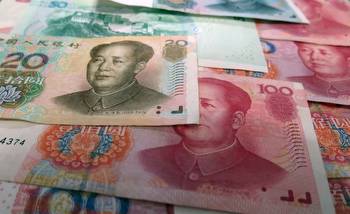
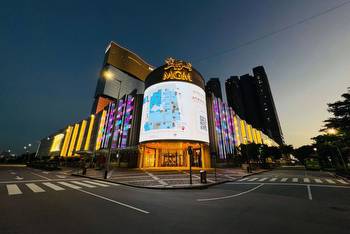

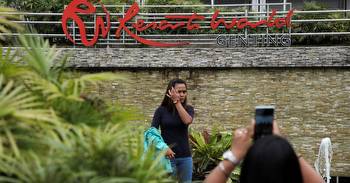
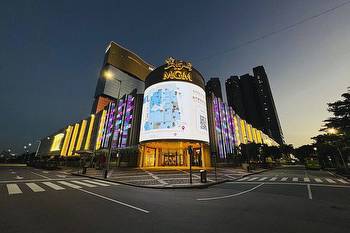
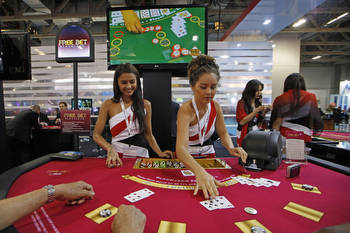
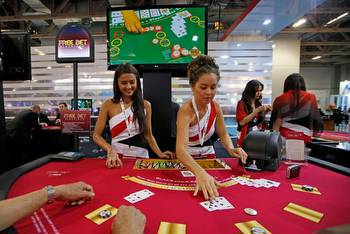
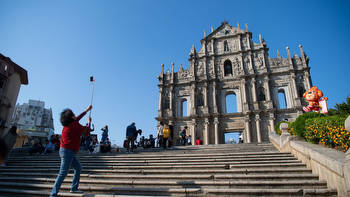

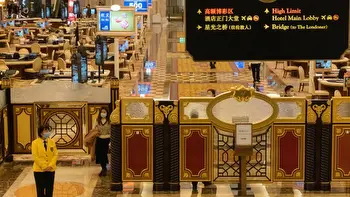
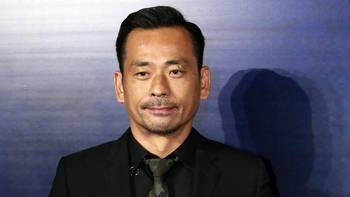
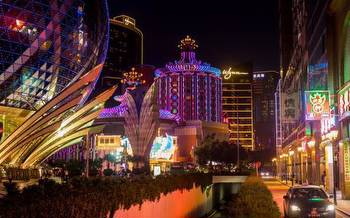
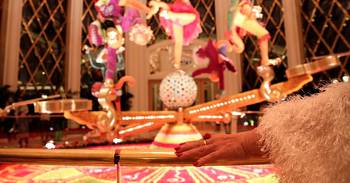

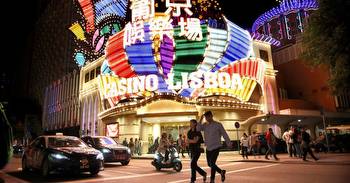
.jpg)



